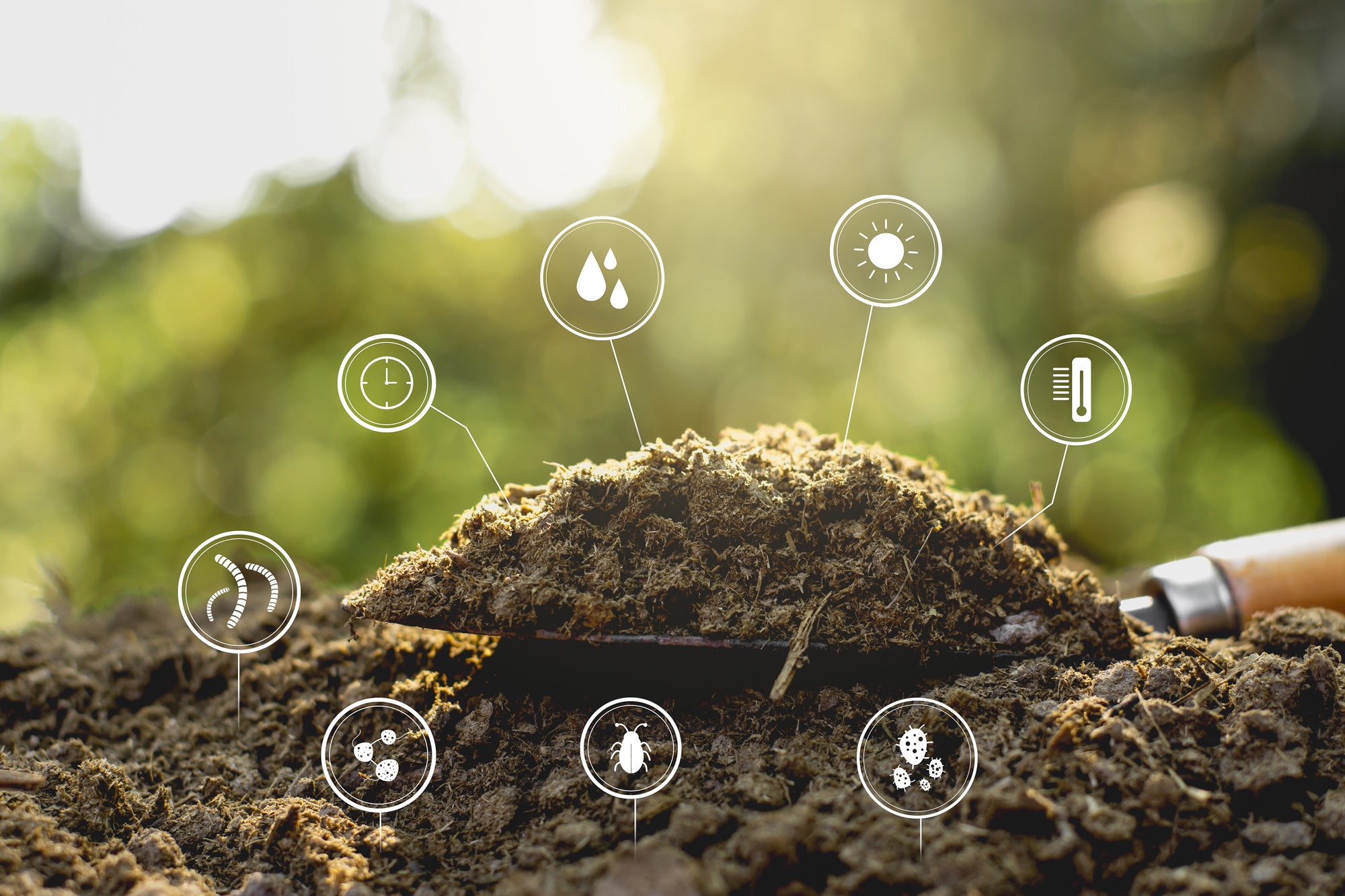Pouch Composting

Composting Instructions
- Cut pouch into strips (about ½” in width)
- Place in your BACKYARD COMPOST bin/area (i.e., instead of woodchips). DO NOT put in a municipal compost bin.
- Depending on compost conditions, the pouch will break down in 6-20 months.
Our Bags
![]()
Our loose-leaf pouches are made of 100% Omni-degradable material. This means that after approximately 1-year of exposure to compost-like natural environments, an enzyme additive in the liner of the bag breaks the bag down into its constituent elements of CO2 water and a small amount of biomass. Our bags comply with ASTM standards of biodegradation : 5338/98, 5290 / 91, 5511, CEN 261085, ISO 14855 and are FDA and SCF ( E.U.) compliant. It’s a mouthful, we know, but we believe it’s important to be as transparent and precise as possible when navigating the world of post consumer product handling.
We use algae-based ink on our pouches, which has a carbon NEGATIVE footprint, meaning that its production absorbs CO2 from the atmosphere and produces oxygen - a claim no other ink can make. It is also 100% compostable and non-toxic.
Please note: our bags are NOT meant to be put in green bin city collection composting, they are for backyard composting ONLY. This is because most municipal compost systems do not have a long enough cycle time to fully break down the omni-degradable liner.

So, why didn’t we opt for a “fully compostable” bag?
Firstly, most bags marked as “fully compostable” are made of a product called PLA - a plant based material that is used as a plastic substitute. While PLA does have many composting certifications, most municipal compost systems DO NOT accept PLA for the same reason they don’t accept omni-degradable material - because they don’t have a long enough cycle time to break it down. Furthermore, PLA requires a higher heat when composting that most compost systems don’t reach, and more importantly, that doesn’t get reached in nature. This means that all PLA that is placed in compost systems is causing detriment to our local compost programs. It also means that PLA is not biodegradable, meaning that any PLA that makes its way into nature will stay there forever (just like plastic). There are a number of other problems with PLA that I won’t get into here, but if you are interested I encourage you to peruse articles like this online. Other “compostable” products have similar issues as PLA, which is why we chose Omni Degradable bags.
Then, why don’t we use recyclable plastic?
We know that oftentimes, compostable and recyclable materials are mishandled and end up in a landfill or the ocean. When this happens to recyclable plastic (as happens with roughly 8 MILLION TONS per year) it stays there forever and leaches toxic chemicals into the groundwater, effectively poisoning ourselves and the ecosystem.
If our tea pouches accidentally find their way into the ocean or other natural environments, in a few short months they will break completely down, leaving behind no trace. We think that is the best case scenario and vastly important to us at Waisa Mama.
(Visit http://tekpaksolutions.com/frequently-asked-questions/ for further details.)